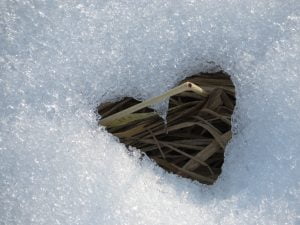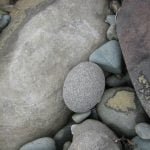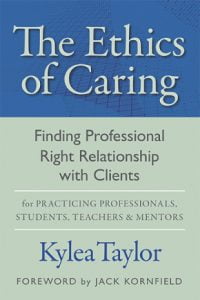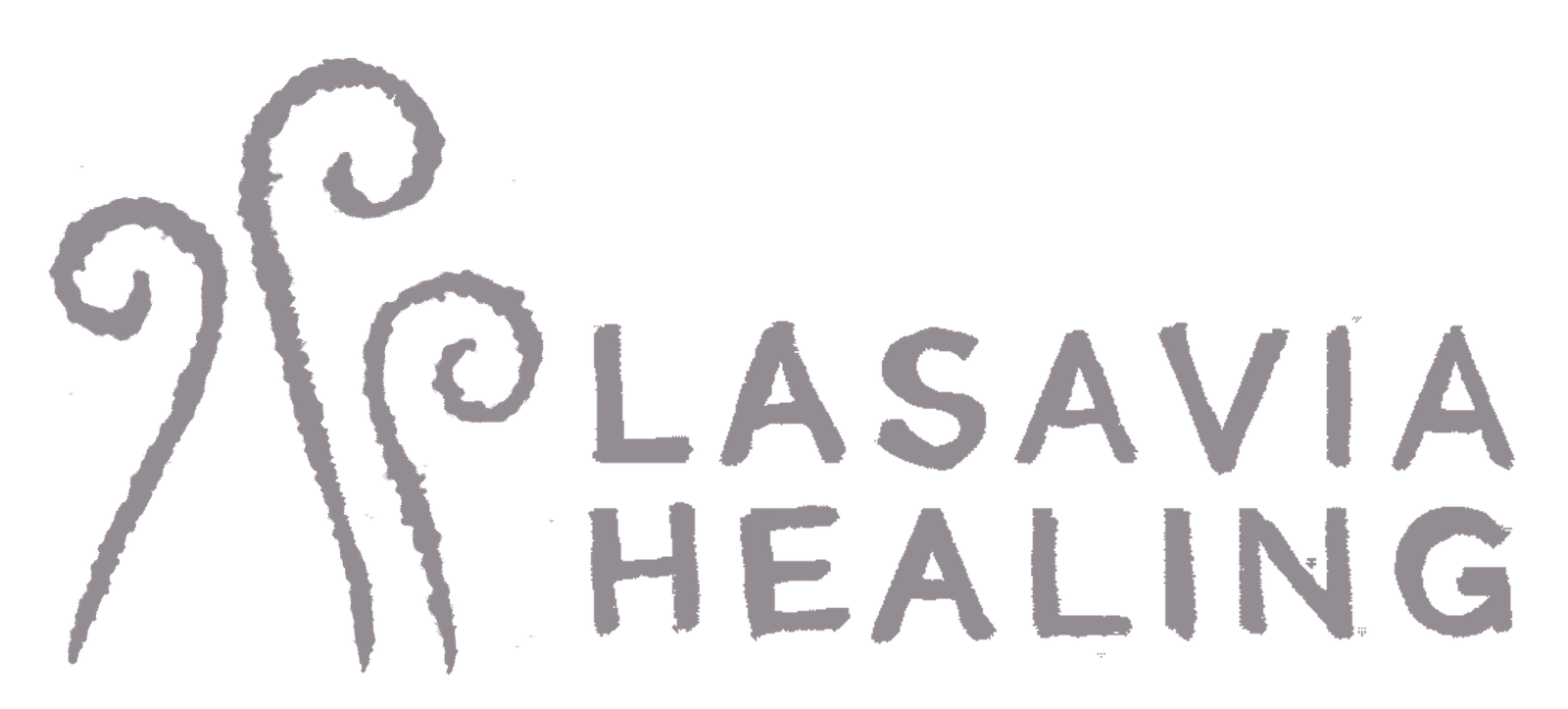 Excerpt from The Ethical Foundation for Lasavia Healing: An invitation to partake in an exploration of ethics for the community of Lasavia Healing, by Leila Lees
Excerpt from The Ethical Foundation for Lasavia Healing: An invitation to partake in an exploration of ethics for the community of Lasavia Healing, by Leila Lees
Introduction
I naively embarked upon writing this document a bit like the fool finding him/her self upon a path of manifestation. As soon as I started writing about ethics, ethical situations arose one after the other, keeping me on my toes as if the document itself was in cahoots with the divine and they were messing with my reality. I was also filled with a mix of awe and gratitude around the powerful evolution we are on when we sensitively open up our moral compass.
 I see this document as living and I invite everyone who is moved to, to put forward your own dialogue around your personal ethics in what you do and for the ethics of Lasavia Healing as an organisation. I also see this document as unfinished and I accept that.
I see this document as living and I invite everyone who is moved to, to put forward your own dialogue around your personal ethics in what you do and for the ethics of Lasavia Healing as an organisation. I also see this document as unfinished and I accept that.
As practitioners, I see that the work is not some methodology but our own life pathway we choose to do. To live our life in community with others and evolve as part of a greater ecosystem; we need to reflect on our behaviour, the balance of the ideal with reality, and how do we meet with what we aspire to?
Kathy Fried, in her article on ethics, writes about how when we understand that ethics is about everything we do, we also need to bring particular focus to the different practices we do:
 While this means that ethics are needed everywhere, and in everything we do, it is much easier to see how we are doing if we have a specific area of focus. This is why we need to name, not just the ethical code but also the particular practices and relationships it refers to: There may be one code of ethics for membership of a community, while there might be another code for teaching students Shamanism or for working with clients. The universal principles are most likely the same, but the ways they express themselves in our individual practices need specific attention if we want to know how to translate the moral into daily life.
While this means that ethics are needed everywhere, and in everything we do, it is much easier to see how we are doing if we have a specific area of focus. This is why we need to name, not just the ethical code but also the particular practices and relationships it refers to: There may be one code of ethics for membership of a community, while there might be another code for teaching students Shamanism or for working with clients. The universal principles are most likely the same, but the ways they express themselves in our individual practices need specific attention if we want to know how to translate the moral into daily life.
She suggests that: to discover and monitor our own ethical code we need to engage with an inner dialogue between our values and our actions. We can use whatever means we choose: self-reflection, journaling, journeying and so on, or a mixture of any of these. This can be a very deep process that grows and develops as we do. It is an on-going exploration where we often uncover things about ourselves we were not previously aware of. This process hones and matures our practice, making it strong and sustainable.
As part of the participation in the ethical foundation of Lasavia Healing I would ask all of you who read this to engage with this inner dialogue around a personal ethical code. From here we can create active discussion to look at how we relate to the principles of Lasavia, the purpose, the values and what I put forward here as a guideline for ethical relationship and work as a teacher and practitioner within Lasavia Healing.
 I have always been thoughtful around rules that govern our behaviour. I have seen the terrible impact of righteousness on a group, ostracising and splitting people from family, friends and community. I have witnessed how righteousness could warp the notion of ethics by shaming and focusing on one misdemeanour, blow it right out of proportion, whilst others were unable to act ethically in the face of the righteous. In those moments I wondered where the heart was, the understanding of the whole, creating space for self-reflection. It was from these kinds of experiences within a group that I started to realise the importance of growing and keeping alive an inner ethical foundation rather than look to the external for guidance.
I have always been thoughtful around rules that govern our behaviour. I have seen the terrible impact of righteousness on a group, ostracising and splitting people from family, friends and community. I have witnessed how righteousness could warp the notion of ethics by shaming and focusing on one misdemeanour, blow it right out of proportion, whilst others were unable to act ethically in the face of the righteous. In those moments I wondered where the heart was, the understanding of the whole, creating space for self-reflection. It was from these kinds of experiences within a group that I started to realise the importance of growing and keeping alive an inner ethical foundation rather than look to the external for guidance.
I see when people gather together for the purpose of spiritual work that many patterns of defensive behaviour arise simply because change is in the air. Ethics are like the walking stick that could support us through those times when we are only just beginning to open up to our moral sensitivity. Simple processes like checking assumptions one makes, or giving positive feedback and reflecting on our reactions, before putting forward critical feedback.
 In writing this document for Lasavia Healing, I bring forward the purpose of Lasavia, the structure and parameters of the teaching, the values of Lasavia and some thoughtful reflections around my own journey through teaching, facilitating and participating in spiritual, shamanic, therapy and improvisation groups. I also look at natural laws or cosmic laws – I want to bring this up for discussion as when we work in accordance to these laws it may impact how we define our personal ethical approach to our own lives.
In writing this document for Lasavia Healing, I bring forward the purpose of Lasavia, the structure and parameters of the teaching, the values of Lasavia and some thoughtful reflections around my own journey through teaching, facilitating and participating in spiritual, shamanic, therapy and improvisation groups. I also look at natural laws or cosmic laws – I want to bring this up for discussion as when we work in accordance to these laws it may impact how we define our personal ethical approach to our own lives.
When we form a group we share a purpose, we learn the most when we are able to work co-creatively with a group. Briefly this means that we gather with some purpose and we give space through being with each other. I put the being with in italics as to mean the process of deep listening and empathy. Groups are difficult for many people for a variety of reasons. Many participants have been wounded by people who have some kind of power within a group, these wounds have happened through family, through cults and through spiritual and therapy groups.
Ethics are about relationships, and I see that ethics is a heart issue.
How to facilitate effectively working with patterns of pain and vulnerability takes skill and requires a strong innate ethical foundation. It also requires a continued personal journey in reflection and spiritual practice. In her book The Ethics of Caring, Kylea Taylor writes: The degree of our willingness to delve into the dark truth of our own motivations, desires and fears will determine our ability to be caring, flexible and ethical.
This is very true, I see within myself and others that my mistakes, assumptions and misaligned reactions are always triggered by my own survival patterns or anxieties and that the ability to reflect healthily upon mistakes is an important practice in growing our work within an ethical framework.
 In practice, an ethical document for an organisation, although appreciated in principle, can become an abstract document. An ethical foundation needs to be alive and the only way I see this to be alive and connected to people is for people to participate and contribute to the ethical foundation. Firstly this can happen by people finding and landing within themselves their own set of values, what is innate in them and how do they translate those values into their everyday lives. I realise the importance of this because the fundamentals of what the Lasavia Healing Course is about, is about transformation, and this happens through an evolution of consciousness and this is about our lives.
In practice, an ethical document for an organisation, although appreciated in principle, can become an abstract document. An ethical foundation needs to be alive and the only way I see this to be alive and connected to people is for people to participate and contribute to the ethical foundation. Firstly this can happen by people finding and landing within themselves their own set of values, what is innate in them and how do they translate those values into their everyday lives. I realise the importance of this because the fundamentals of what the Lasavia Healing Course is about, is about transformation, and this happens through an evolution of consciousness and this is about our lives.



